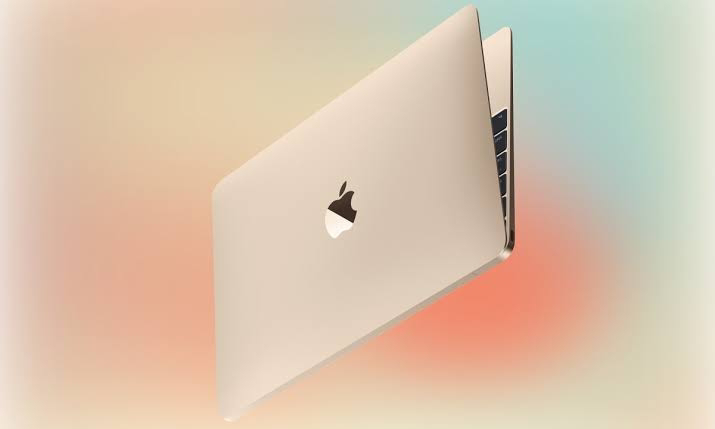What Is Quantum Computing?
The Technology Of The Future Explained
A new kind of computing technology is being developed, one that defies the traditional rules of how computers operate. This revolution in innovation is quantum computing. Its potential to transform our world is immense, from medicine and finance to cybersecurity and artificial intelligence.
What is it exactly?
Let’s explore this new technology and how it compares to what we know and understand as computing.
The Basics: Classical Computers vs. Quantum Computers
To understand quantum computing, it helps to understand how traditional computers work.
Classical computers, the ones you're probably most familiar with, as they're the devices we use every day, use bits to process and store information. A bit is the smallest unit of data and can exist in one of two states: 0 or 1. Everything your computer does, whether it’s browsing the internet, displaying images, or playing music, is powered by these 1s and 0s.
Quantum computers, on the other hand, use something called qubits (short for quantum bits). A qubit can be a 0, a 1, or both at the same time, thanks to a strange and fascinating property of quantum mechanics called superposition.
Important Concepts Behind Quantum Computing
Quantum computing isn’t just a faster version of classical computing, it operates on entirely different principles drawn from quantum physics, the science that governs how particles behave at the atomic and subatomic levels.
Let’s break down the main ideas:
Superposition
In classical computing, a bit is either a 0 or a 1. In quantum computing, a qubit can exist in a superposition of both 0 and 1 at the same time. This means a quantum computer can perform many calculations simultaneously.
It’s like flipping a coin into the air, while it’s spinning, it’s not just heads or tails; it’s both, until it lands.
Entanglement
This is a phenomenon where two or more qubits become linked. If one qubit is changed, the other reacts instantly, even if they’re far apart. This strange connection allows quantum computers to process complex data in powerful new ways.
Interference
Quantum systems can interfere with each other, allowing quantum computers to amplify the right answers and cancel out the wrong ones. It’s like tuning a radio signal to find the clearest station, except it’s all happening through math at the quantum level.
Why Does It Matter?
The creation of quantum computers isn’t about replacing everyday laptops and smartphones. Instead, they’re designed to tackle problems that classical computers can’t solve within a reasonable time frame.
Cryptography
Modern digital security, like online banking and encrypted messaging, relies on mathematical problems that are difficult to solve, even for today’s supercomputers. Quantum computers could crack these problems in minutes. That’s why governments and tech companies are racing to develop encryption methods that are quantum-safe.
Drug Discovery and Chemistry
Quantum computers could simulate the behavior of molecules at the atomic level. This capability may help scientists discover new medications, invent new materials, and experiment with chemical reactions faster and more accurately than ever before.
Optimization and Logistics
From planning airline routes to managing global supply chains, many industries rely on solving complex optimization problems. Quantum algorithms could generate better solutions in less time, saving money, boosting efficiency, and reducing environmental impact.
Artificial Intelligence
AI and machine learning stand to benefit enormously from quantum computing, allowing systems to learn and adapt far more quickly than with traditional computing.
The Challenges Still to Face and Overcome
Quantum computing holds immense promise for the future, but the technology is still in its infancy.
· Qubits are fragile and easily disrupted by their surroundings, which can lead to errors.
· Quantum systems must be kept at extremely cold temperatures, near absolute zero, which requires sophisticated equipment.
· Scaling up to create quantum computers with hundreds or thousands of stable qubits poses a significant engineering challenge.
Researchers are working tirelessly to address these challenges. While it may take many years before quantum computers are widely adopted, momentum is building.
Who Is Leading the Charge.
Some of the world’s biggest tech companies are heavily investing in quantum computing.
IBM and Google have already built working quantum prototypes, while Microsoft is developing its own platform called Azure Quantum. Startups such as Rigetti, IonQ, and D-Wave are also pushing the boundaries of commercial quantum hardware.
Governments in the U.S., China, and Europe are investing billions into research and national strategies for integration.
This new technology represents a fundamental shift in how we think about processing information. By leveraging the strange and powerful laws of quantum physics, it opens doors to solving problems once thought impossible.
While we’re not yet at a point where quantum computers are part of our daily lives, they’re already beginning to reshape industries and redefine what’s technologically possible.
As this field continues to bear the fruits of innovation, one thing is certain: quantum computing is not just the future of technology, it’s the evolution of a revolution.




Comments